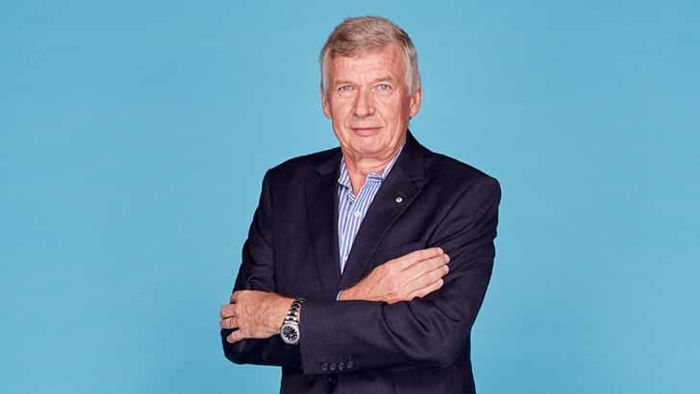Ask Paul: We owe more than $1.5 million and can't pay the bills
By Paul Clitheroe
I am 48 and my husband is 56. He works full time and I work part time (four or five days a week). We have kids still in high school.
We own a home (valued at $1.8 million, loan $900,000) and an investment property ($780,000 and $610,000).
About five years ago I became ill and was unable to work for some time. Six months later I went back to work two days a week, then the year after I was able to increase my days.
In the past three years my husband has been in and out of work. During the times he was not working our debts just increased, as we did not have any money set aside. We had payment plans for utilities and other bills.
Two or three years ago we refinanced and consolidated our debt with Pepper Money. Our debt is about $1.5 million at 5.46% interest. Repayments are $9450 a month.
Our income is about $14,000 a month, including rent.
But we are struggling to keep up with all our bills and mortgage payments. We have accumulated further debt on top of the $1.5 million. We now have a credit card debt of about $60,000.
We are in a cycle that we cannot seem to get out of. The refinancing has not helped us - we are worse off. We thought we should sell the investment property to lower the debt. But this takes time and no one is interested at the moment.
We want to leave Pepper as the interest rate is too high. IMB Bank has said that if we sell the investment property it would consider a loan.
We do not live a lavish lifestyle. We have not gone away on holidays for the past four years and when we did get away for a break it was driving to the coast for a five-day getaway.
We are stuck as to where to go to next. I would really appreciate some advice about what to do and who to talk to. - Elizabeth
Elizabeth, I am not in the least surprised that you are doing it tough with repayments of nearly $9500 a month. While your current income leaves you with a reasonable surplus, I have no doubt that your extra debts, such as the $60,000 on your credit card, are really cutting into that surplus.
The positive news is you have quite a bit of equity in your house and the investment property and, critically, you have recognised the downward spiral you are in.
My great concern, and I am sure yours as well, is that the equity you have, in particular in your home, gets eaten up by high-interest debt.
First, I really think you need to talk to a financial counsellor. Now this is not going to be some website-type service that basically packages up debt and sees you in even more trouble (while it makes nice fees on the deal).
I would suggest contacting Financial Counselling Australia. You can reach them on their national debt hotline on 1800 007 007. They do not charge for their services, as their funding is predominantly provided by the government.
Where I think they may really be able to help is that they work with your type of situation where ill health and other life events leave people struggling. They may be able to work with your lenders using the hardship clause to help relieve the financial pressure.
But it seems to me that to break the cycle you are in, the investment property really has to be sold. You mention "no one is interested". This is a worry to me, as with super low interest rates in many parts of Australia, property is doing much better. You have put a value on it of $780,000, with a loan of $610,000. This is an expensive property and I would hope that at such a high value it is in a location with some demand.
I cannot give you anything other than general information in a column such as this, but I would be pretty surprised if a professional counsellor's advice regarding the investment property was anything other than "it has to go".
I agree with you. I think if it was gone a mainstream lender would give you a home mortgage at around 3%. That, I think, would be the start of turning your finances around.
If the investment property is totally unsaleable, then you have to consider if your home has to be sold before your significant equity is lost to growing, high-interest debt.
This is a very personal and complex issue. In your shoes, I do suggest you set up an appointment with Financial Counselling. I'd also suggest you get an idea of what your investment property will sell for. The counsellor, or any other professional, will be unlikely to disagree with that strategy, so you should have this information.
Get stories like this in our newsletters.



